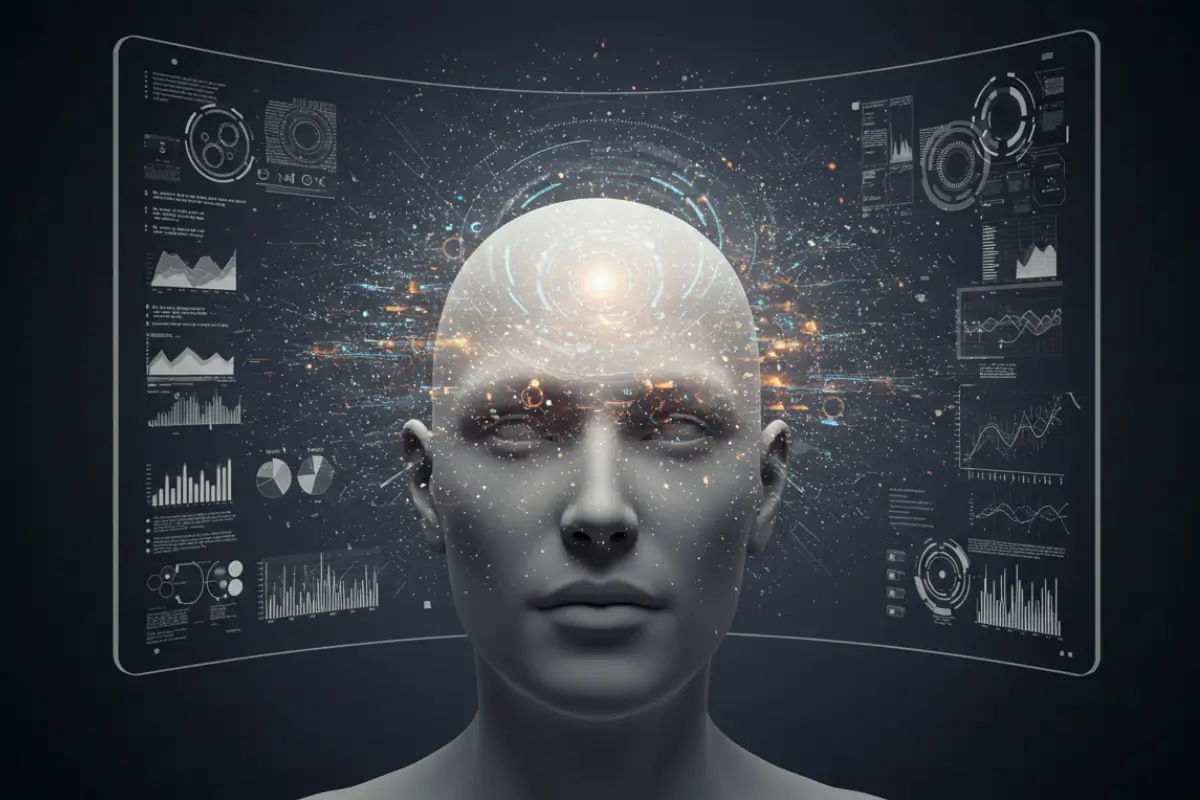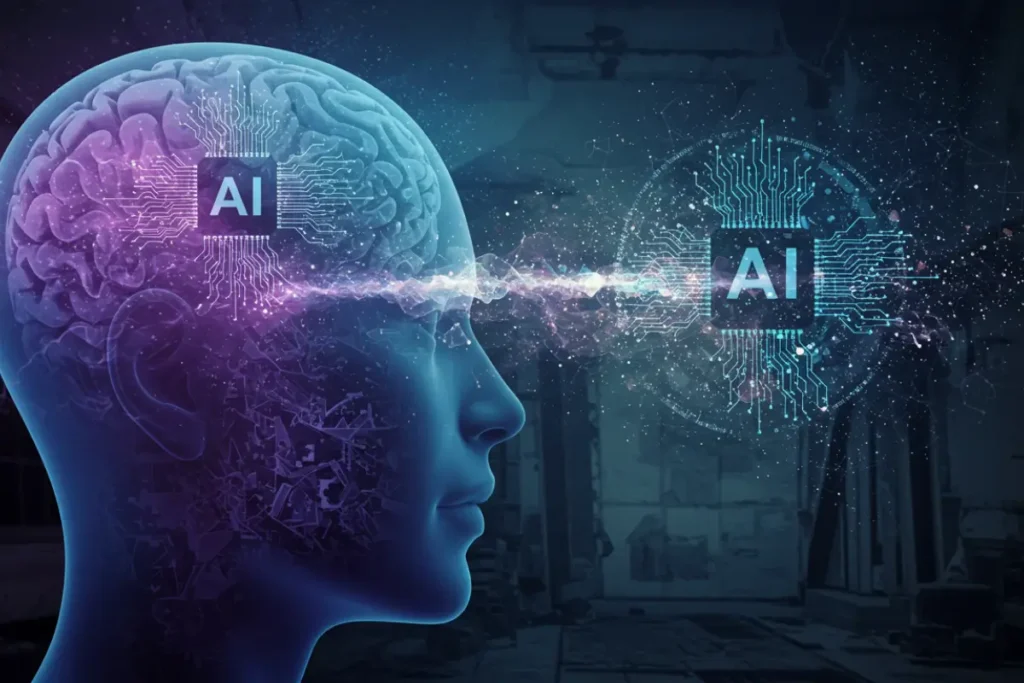AI and Telepathy – Can Machines Read Our Minds?
- March 28, 2025
- 0
Hi, today I would like to talk about everyone’s dream of powers and perhaps the most prestigious power of all, telepathy. Is it possible for us mere mortals
Hi, today I would like to talk about everyone’s dream of powers and perhaps the most prestigious power of all, telepathy. Is it possible for us mere mortals

Hi, today I would like to talk about everyone’s dream of powers and perhaps the most prestigious power of all, telepathy. Is it possible for us mere mortals to have such an incredible “power”?
Imagine a world where machines can literally read your thoughts. Sounds like something out of a sci-fi movie, right?
Well, it’s not as far-fetched as you might think. With rapid advancements in artificial intelligence (AI), brain-computer interfaces (BCIs), and neuroscience, researchers are making huge strides in decoding human thoughts and translating them into machine-readable data.
But how close are we to actual mind-reading technology? Is telepathic AI even possible, or are we just daydreaming about the future?

Before we jump to conclusions about AI knowing our deepest secrets, let’s break down how this technology works.
AI-driven mind-reading relies heavily on brain-computer interfaces (BCIs), neural decoding, and deep learning models that analyze brain activity.
BCIs are devices that allow direct communication between the brain and a computer. These interfaces record electrical signals from the brain and translate them into commands that a machine can understand.
Companies like Neuralink, OpenBCI, and Kernel are pushing the boundaries of BCI development, aiming to make human-machine interaction more seamless.
Neural decoding is the process of interpreting brain signals to understand thoughts, emotions, and even sensory perceptions.
Scientists have already developed AI models that can reconstruct images, words, and even short phrases from brain scans.
For instance, a recent study from the University of Texas at Austin demonstrated an AI system that can decode thoughts into text with remarkable accuracy.
Machine learning algorithms are key to processing vast amounts of brain data.
AI models analyze brainwave patterns, identify recurring signals, and map them to specific thoughts or emotions. This technology is still in its infancy, but the potential is undeniable.

We’re making progress, but true telepathy — where an AI system can fully understand and predict thoughts with high accuracy — is still a long way off. Why? Because the human brain is incredibly complex.
Even though full-fledged telepathic AI isn’t here yet, some practical applications of brain-reading technology already exist. Here are a few:

While AI-powered mind-reading technology sounds exciting, it comes with serious ethical concerns.
So, will AI ever fully read our minds? Maybe, but not anytime soon. While the technology is evolving, we’re still in the early stages of understanding how the brain communicates with machines.
Well, I don’t know much about science, but it will certainly take a long time for this to happen, apart from the ethics of using or not using this resource, it can bring benefits, but depending on the situation, it can also bring many problems.
Ethical and privacy concerns must be addressed before telepathic AI becomes a reality.
That said, with companies like Neuralink, Facebook Reality Labs, and MIT investing heavily in brain-computer interface research, the future looks promising.

➡️ Can AI currently read thoughts?
🔽 Not entirely. AI can interpret brain signals and predict some words or images, but it’s far from true telepathy.
➡️ How does AI interpret brain activity?
🔽 AI uses brain-computer interfaces, deep learning, and neural decoding to analyze brain signals and predict thoughts or emotions.
➡️ Is AI mind-reading technology safe?
🔽 While the technology has benefits, privacy risks and ethical concerns remain significant hurdles.
➡️ Will AI ever fully understand human thoughts?
🔽 Possibly, but there’s still a long way to go before AI can accurately and consistently interpret complex human thoughts.
If you enjoyed this article, don’t forget to share it with your friends! Also, let me know in the comments: Would you trust AI to read your mind? 😱